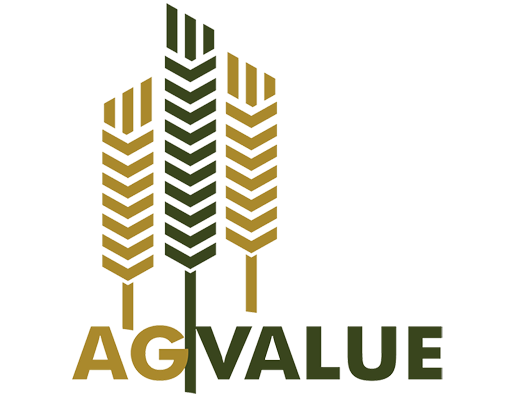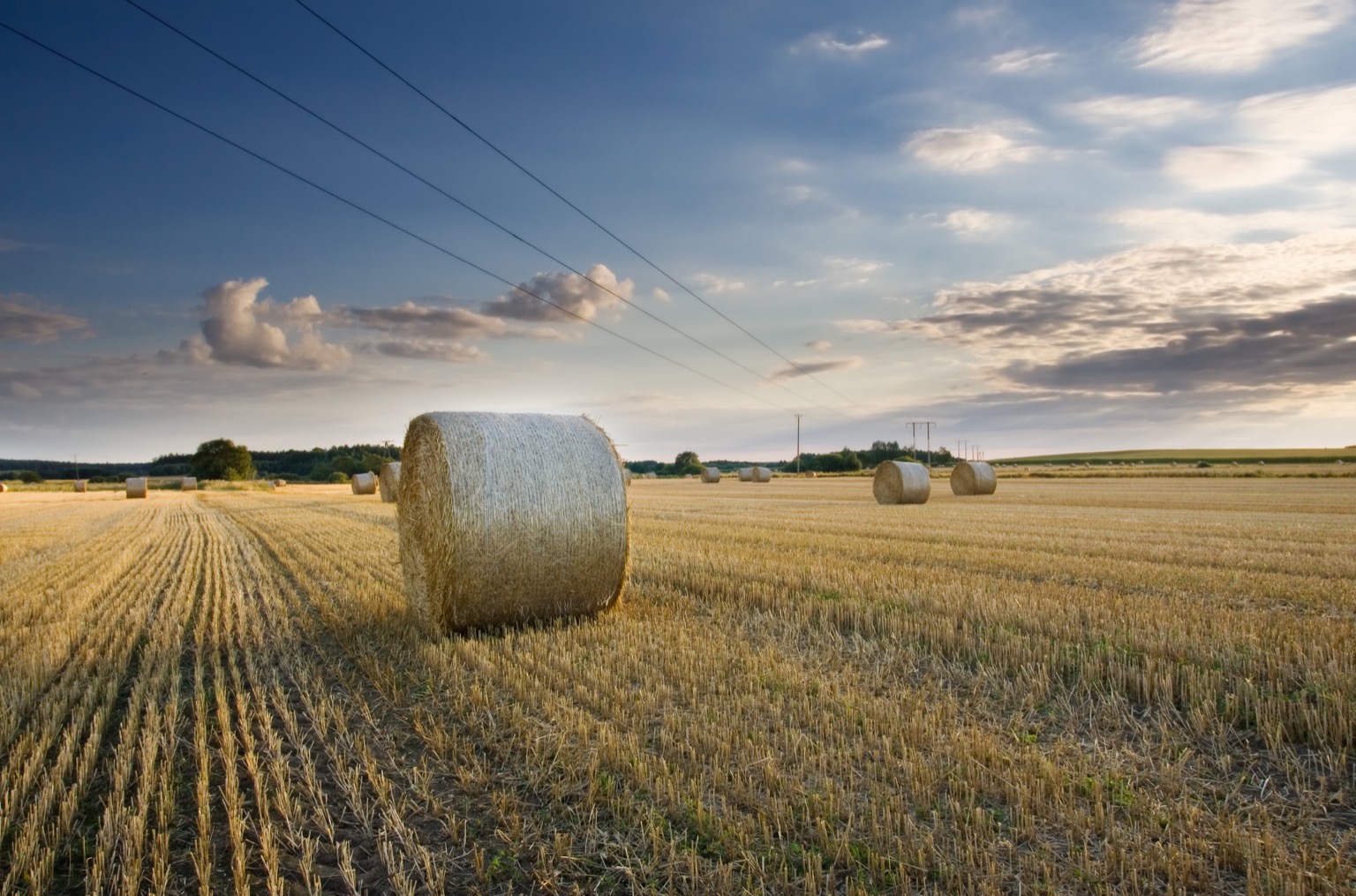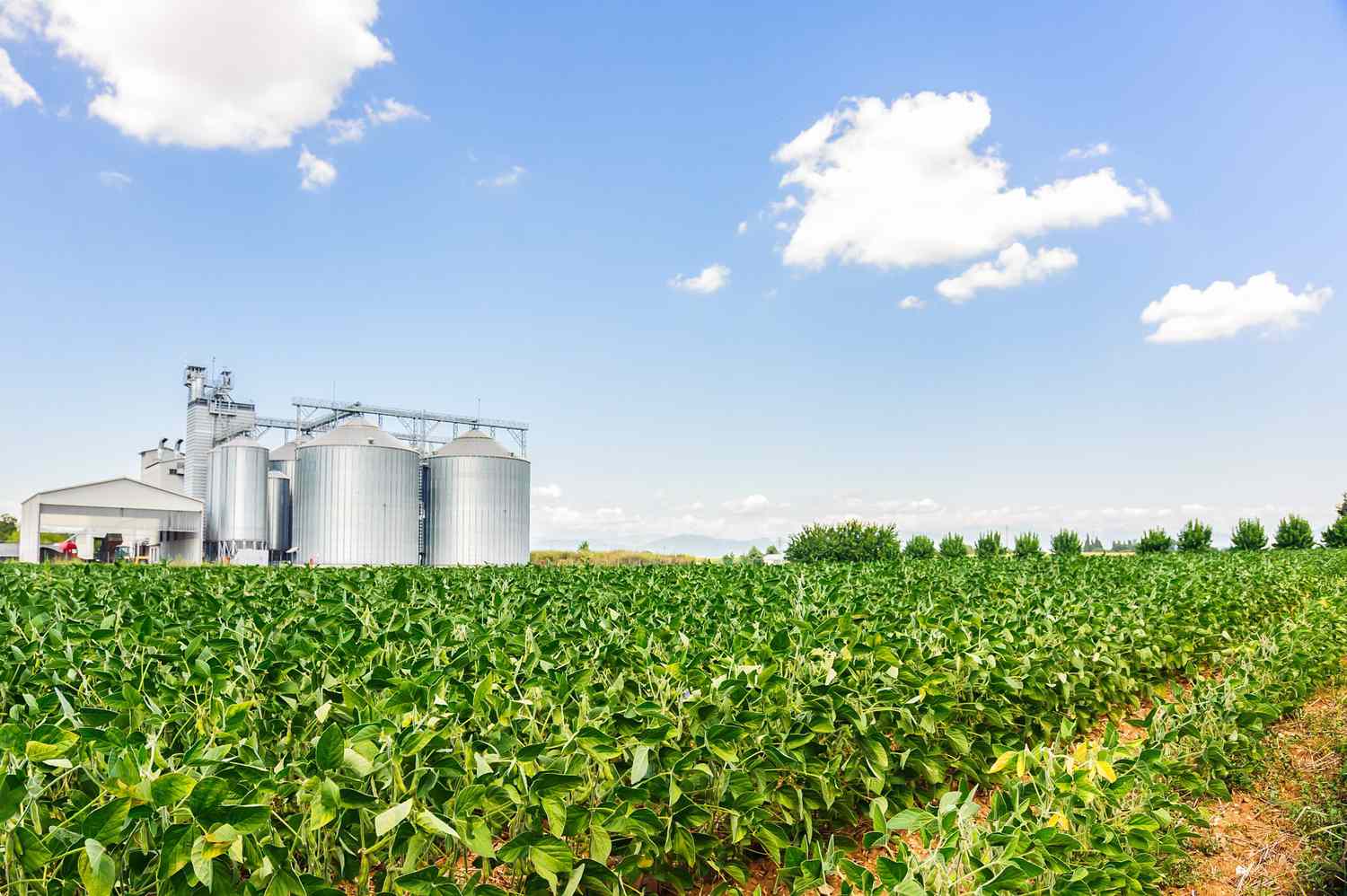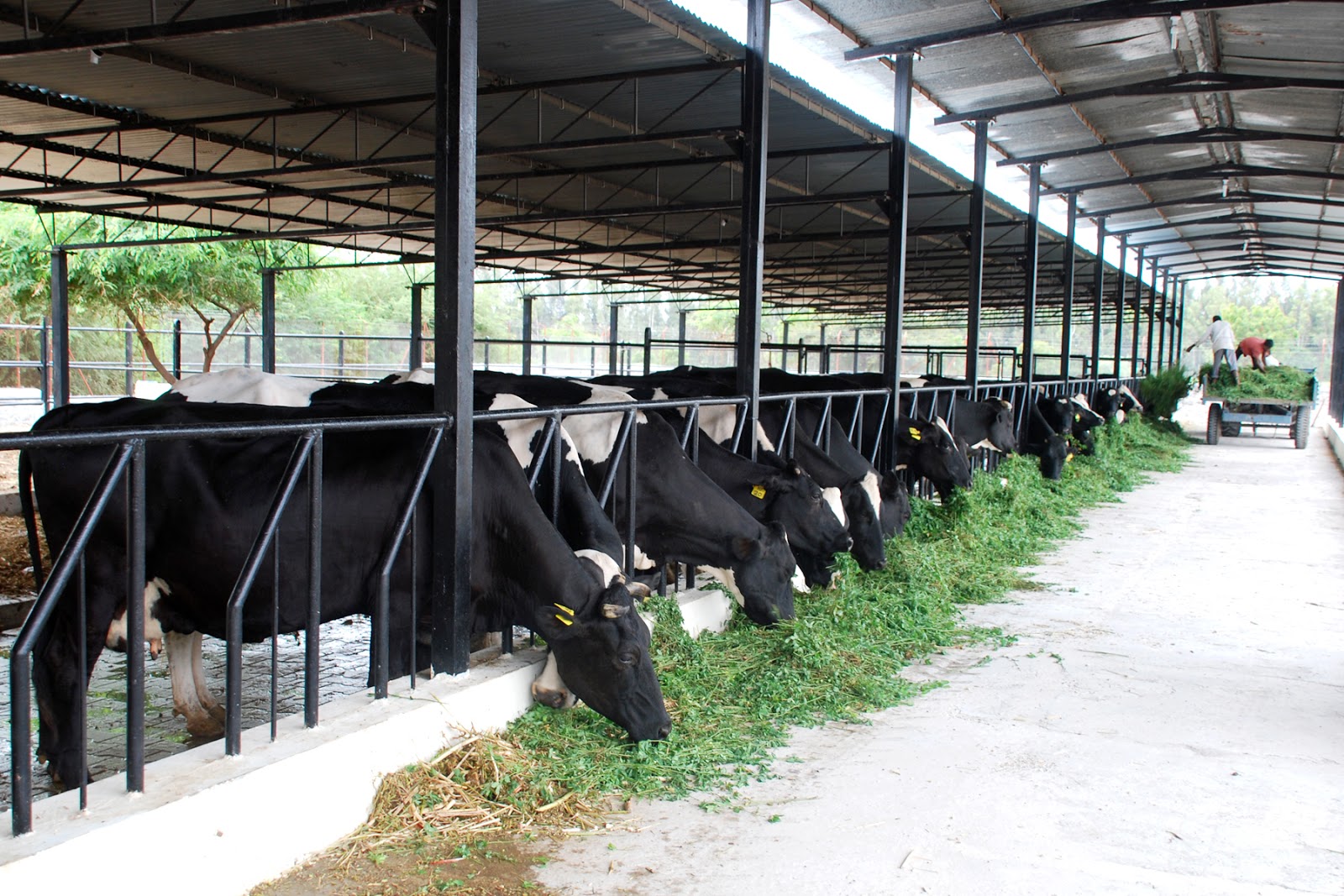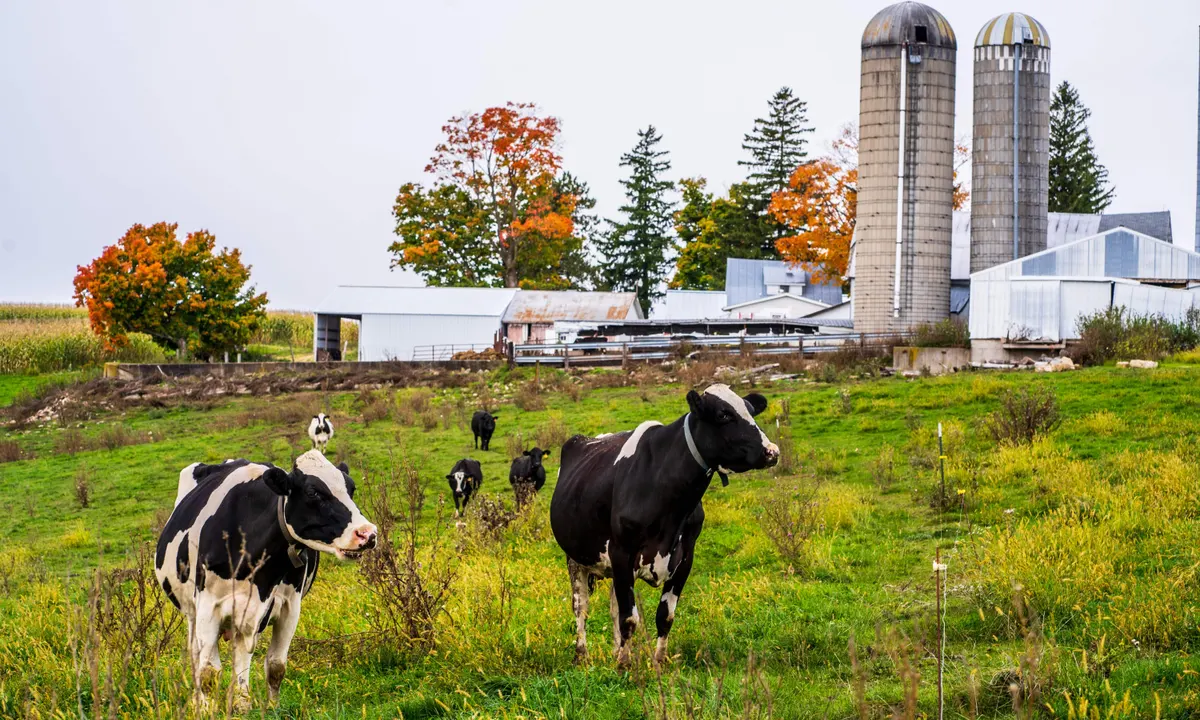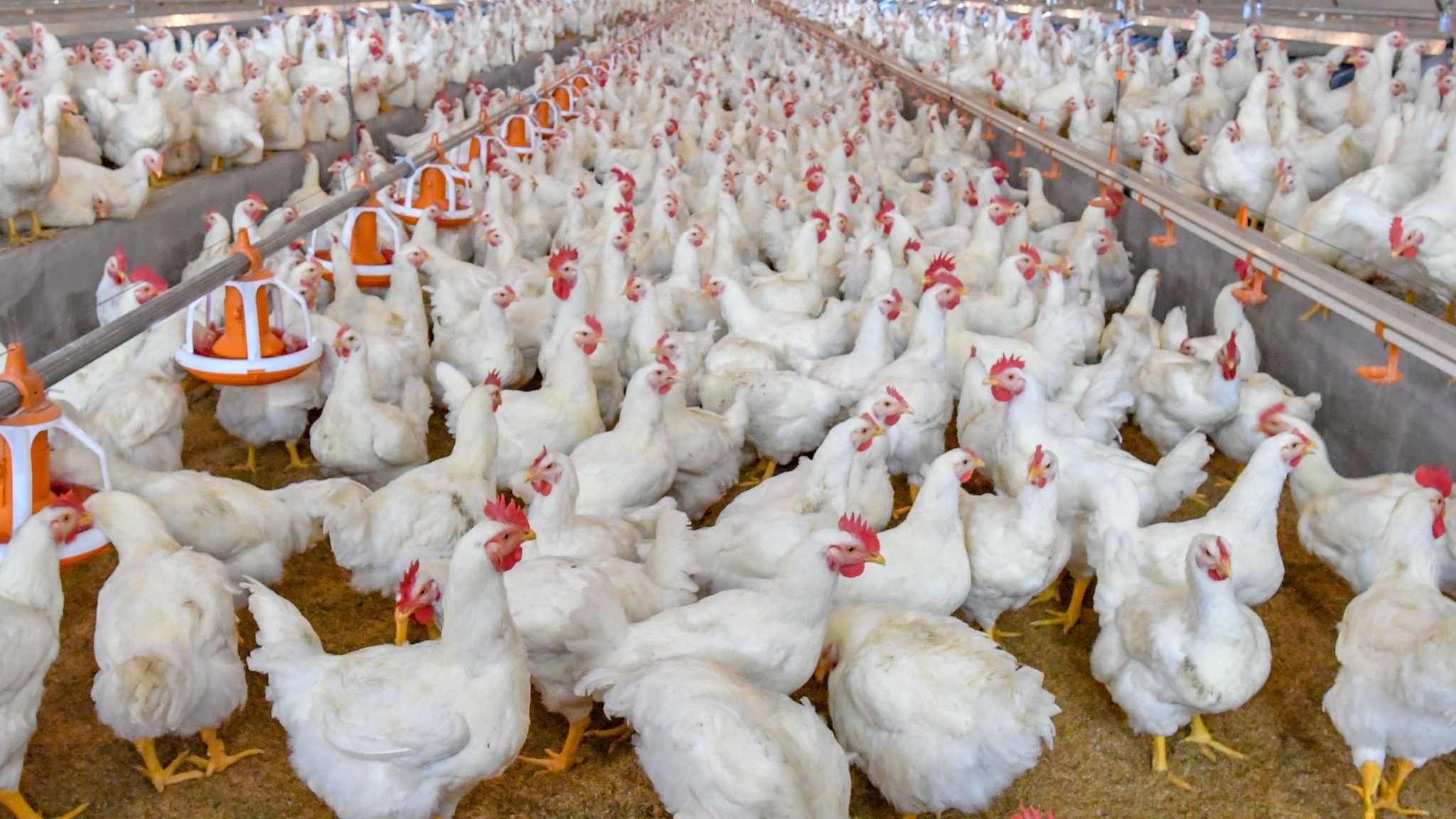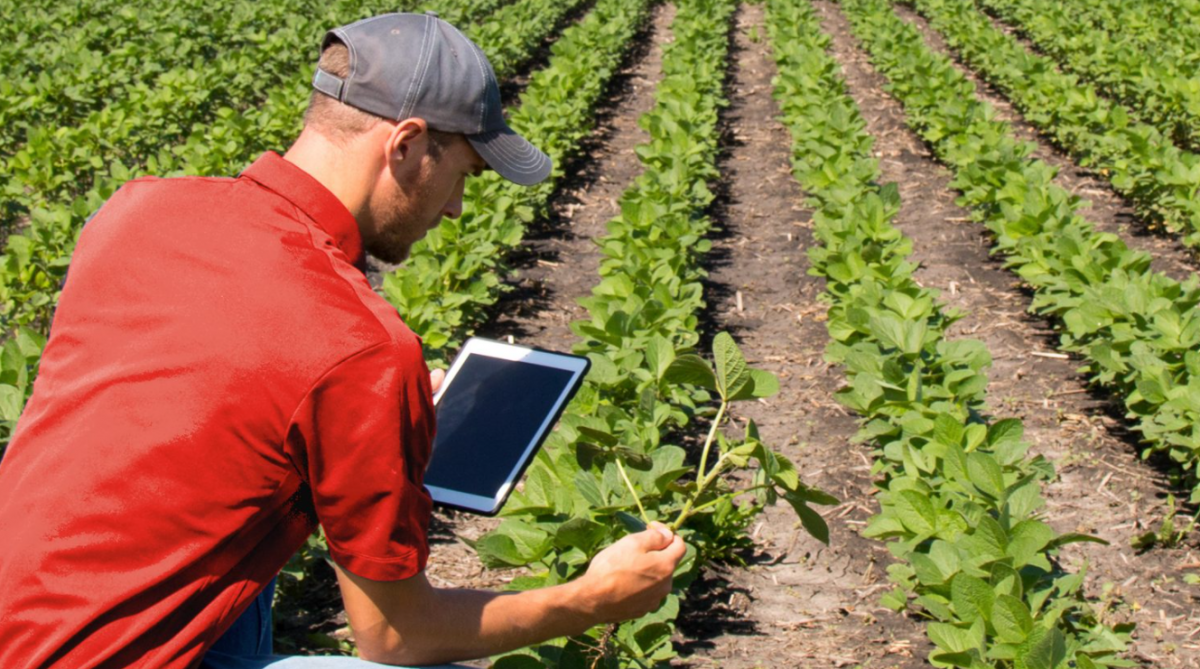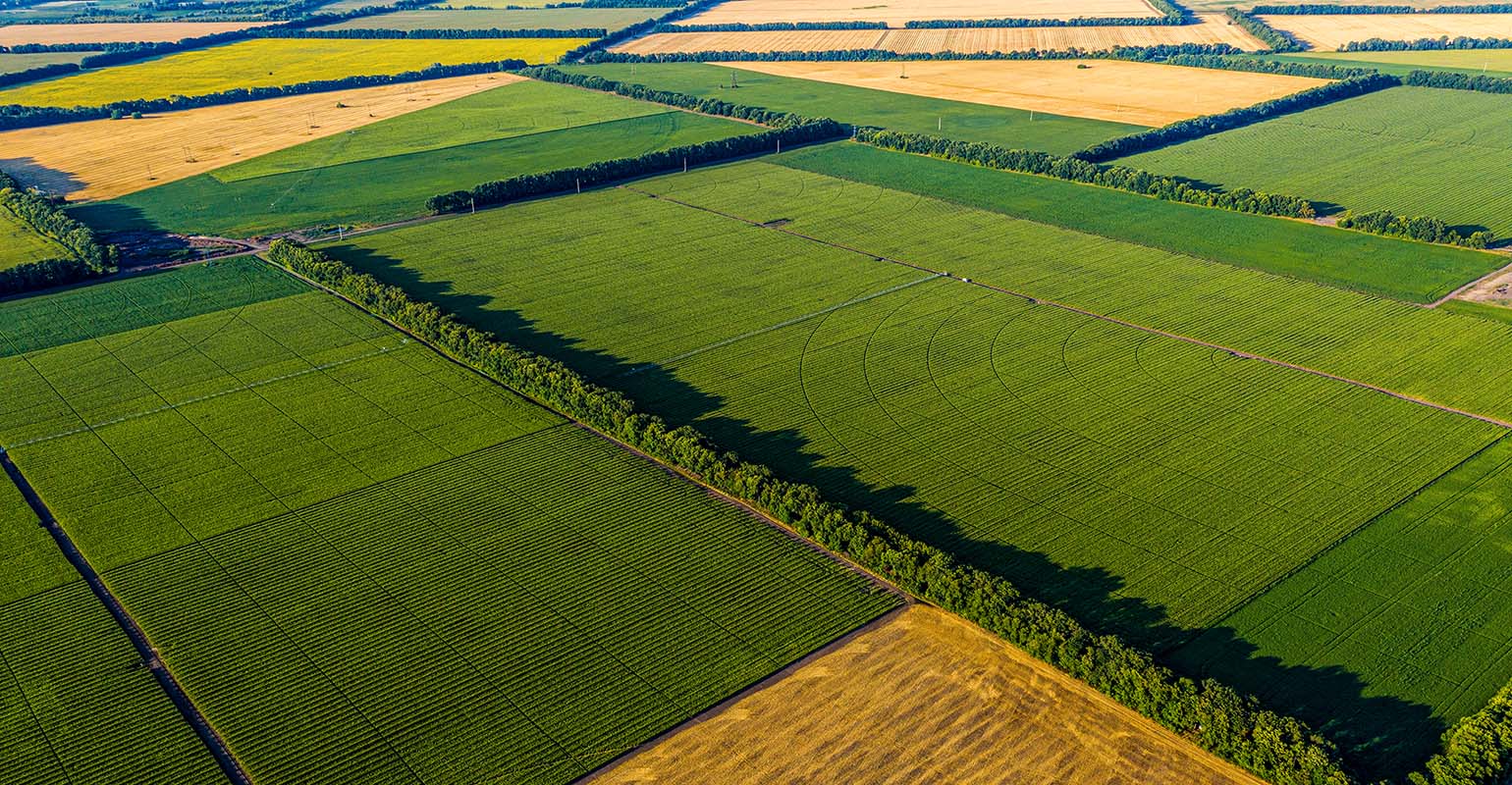Uncover the essential factors shaping Alabama farmland appraisals, from soil quality to market trends, crucial for informed investment decisions.
Continue readingWhat Factors Affect Alabama Farmland Appraisals?
Navigate the complex landscape of Alabama farmland appraisals to uncover the crucial factors that can impact land values and investment decisions.
Continue reading7 Best Factors Influencing Dairy Farm Appraisals
Discover the key 'B' factors that influence dairy farm appraisals and uncover their impact on farm value and success.
Continue readingKey Factors in Dairy Farm Appraisals: A Guide
Open the door to understanding the intricate world of dairy farm appraisals, where crucial factors shape the value and future of these operations.
Continue readingHow to Prepare for a Vineyard Machinery Appraisal

How to Prepare for a Vineyard Machinery Appraisal
Preparing for a vineyard machinery appraisal is essential for ensuring you receive the most accurate and beneficial evaluation of your equipment. AgValue Consulting specializes in providing detailed and tailored appraisal services that cater to the unique needs of vineyard operators. Here’s how to effectively prepare for a vineyard machinery appraisal to maximize the value and efficiency of your operations.
- Ensure thorough documentation of all machinery including age, condition, and functionality.
- Understand market trends and how they influence the demand for your vineyard equipment.
- Engage with expert appraisers who specialize in vineyard equipment to guarantee accurate appraisals.
- Develop tailored solutions for your specific machinery needs, whether buying, selling, or planning financially.
Vineyard Machinery Appraisals
Detailed Preparation Steps
Initial Consultation
Begin with an initial consultation with AgValue Consulting to outline your specific appraisal needs and objectives. This step ensures that the appraisal process is aligned with your strategic goals, whether you’re planning to sell equipment, purchase new machinery, or assess your assets for financial planning purposes.
Documentation and Records
Gather all relevant documentation and records related to your vineyard machinery. This includes purchase details, maintenance records, repair histories, and any upgrades or modifications made to the equipment. Having comprehensive records available will aid the appraisers in assessing the condition and value of your machinery more accurately.
Site Preparation
Prepare your vineyard site for the appraisal visit. Ensure that all machinery is accessible and in good working order, if possible. Clean and perform routine maintenance on equipment to present it in the best possible condition. This not only helps in facilitating the appraisal process but can also positively influence the perceived value of your machinery.
Understanding Market Trends
Stay informed about the latest market trends and how they impact the value of vineyard machinery. Understanding factors such as new technological advancements, changes in vineyard practices, and economic shifts in the agriculture sector can help you anticipate potential valuation adjustments.
Engage with the Appraisal Process
Actively engage with the appraisers during their visit. Be prepared to provide insights into how each piece of machinery is used within your operations, discuss any issues you may have encountered, and highlight any aspects of the equipment that could impact its value.
Frequently Asked Questions
What should I highlight about my machinery during the appraisal?
Highlight any recent upgrades, significant repairs, or custom modifications that have been made to your machinery. These enhancements can potentially increase the value of your equipment.
How often should I have my vineyard machinery appraised?
It is advisable to have your vineyard machinery appraised every few years or whenever significant changes occur within your operations or the market. Regular appraisals help keep your financial and operational plans current.
Can I do anything to improve the value of my machinery before an appraisal?
Maintaining your machinery well, performing timely repairs, and keeping detailed records of all maintenance activities can help improve the perceived value of your equipment.
How do changes in vineyard technology affect machinery appraisal?
Technological advancements can make certain equipment obsolete, potentially decreasing its value. Conversely, machinery that incorporates modern technology may hold its value better due to increased efficiency and productivity.
How does AgValue Consulting ensure accurate appraisals?
AgValue Consulting utilizes experienced appraisers with specialized knowledge in vineyard operations and current market conditions. We conduct thorough site visits, detailed market analysis, and consider all aspects of your machinery to provide precise and reliable valuations.
Conclusion
Preparing for a vineyard machinery appraisal doesn’t have to be daunting. By partnering with AgValue Consulting and following these preparation steps, you can ensure that your machinery appraisal is a smooth, efficient, and valuable process. This preparation helps maximize the potential and profitability of your vineyard operations, allowing for informed decision-making and strategic planning.
Why Prioritize Feed Efficiency in Poultry Farms?
Highlighting the importance of feed efficiency in poultry farms, learn how it can boost profits, enhance bird health, and reduce environmental impact.
Continue reading10 Valuation Tips for Poultry Farms
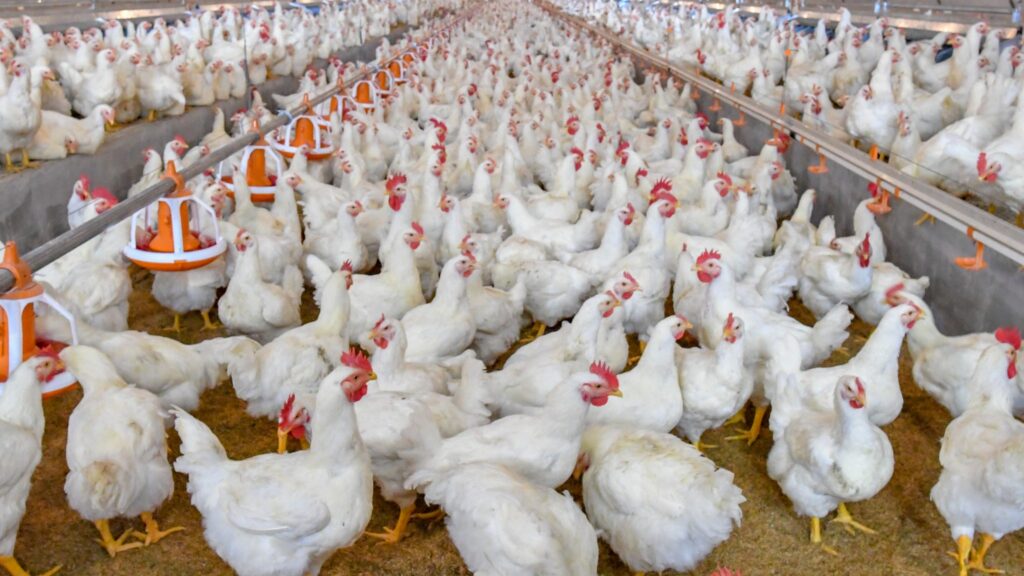
10 Valuation Tips for Poultry Farms
Valuing a poultry farm requires a comprehensive approach that considers various factors impacting its overall worth. AgValue Consulting provides crucial insights to help poultry farm owners understand and enhance the value of their operations.
Key Takeaways
- Evaluate all aspects of the farm, from assets to market position.
- Utilize advanced analysis methods to assess financial health and growth potential.
- Implement strategic initiatives to improve efficiency and market standing.
Market Trends Analysis
Understanding market dynamics is vital for accurately valuing your poultry farm. Analyze pricing trends, consumer demand, and industry shifts to gauge how they might affect your operation. Keeping abreast of these factors helps in aligning production with market demands and seizing opportunities for premium pricing, especially in niche segments like organic or free-range poultry.
Financial Performance Evaluation
Assessing the financial health of your poultry farm involves scrutinizing revenue trends, cost structures, and profitability. Regular financial analysis helps in identifying areas for improvement, ensuring that the farm remains competitive and financially viable.
Asset Inventory Assessment
A detailed evaluation of farm assets, including land, buildings, equipment, and livestock, is essential for determining the farm’s value. Accurate asset valuation supports better decision-making in terms of investment and resource allocation.
Production Capacity Review
Analyzing the farm’s production capabilities ensures that you are maximizing output and efficiency. Investigate ways to enhance production processes, possibly through technological upgrades or operational streamlining, to increase the farm’s valuation.
Cost Structure Examination
Optimizing the cost structure of your poultry farm can significantly impact its value. Identifying and addressing inefficiencies in areas like feed consumption, labor, and energy usage can lead to substantial cost savings and improved profitability.
Competitive Landscape Study
Understanding the competitive landscape allows for strategic positioning of your poultry farm in the market. Analyze competitors’ strengths and weaknesses to develop strategies that enhance your farm’s competitive edge and value.
Risk Management Analysis
Effective risk management is crucial in safeguarding the value of your poultry farm. Identify potential risks and develop mitigation strategies to ensure the stability and growth of your business in the face of uncertainties.
Growth Potential Evaluation
Assessing the growth potential of your poultry farm helps in planning for sustainable expansion. Explore opportunities for scaling up operations, entering new markets, or diversifying product offerings to enhance the farm’s value.
Industry Regulations Compliance
Ensuring compliance with industry regulations not only mitigates legal risks but also enhances the farm’s reputation and market value. Stay informed about regulatory changes and implement best practices in farm management.
Comparative Valuation Methods
Employing comparative valuation methods, like P/E and P/S ratios, offers insights into how your farm’s financial performance stacks up against industry standards. These analyses help in determining a fair market value for your poultry farm.
By following these 10 valuation tips from AgValue Consulting, poultry farm owners can gain a comprehensive understanding of their farm’s value and implement strategies to enhance it. Regular evaluation and adaptation to market conditions and operational efficiencies are key to maintaining and increasing the farm’s value over time.
How a Farm Manager Can Increase Your Farm’s Value
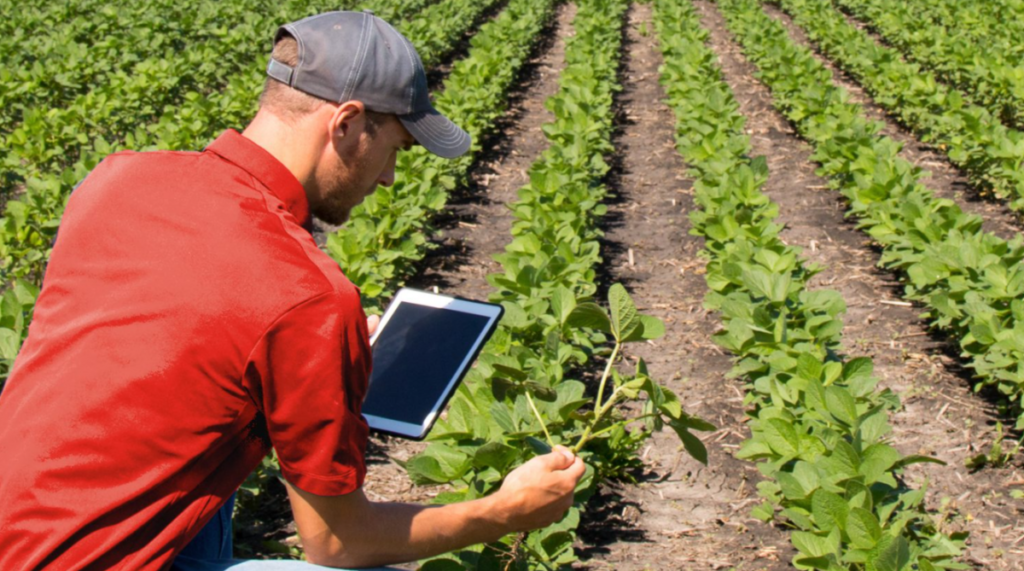
How a Farm Manager Can Increase Your Farm's Value:
Effective farm management is pivotal in enhancing the value of agricultural operations. AgValue Consulting emphasizes the critical role of a farm manager in streamlining operations, employing sustainable practices, and leveraging technology to boost the farm’s productivity and profitability.
Key Takeaways
- Optimize operations through data-driven decision-making and technology integration.
- Emphasize sustainable practices to improve efficiency and environmental impact.
- Enhance infrastructure and resource management for increased productivity.
- Strengthen market position through strategic planning and diversification.
A Farm Manager Can Help Streamline Farm Operations
Strategic optimization of farm operations is essential for enhancing efficiency and increasing value. A farm manager can achieve this by implementing data-driven processes, such as precision agriculture, to improve decision-making and resource allocation. Regular analysis of key performance indicators (KPIs), such as crop yield and labor efficiency, enables targeted improvements in farm operations.
Enhancing Resource Management
Effective resource management is crucial for maximizing the productivity and profitability of a farm. This involves precise allocation of inputs like seeds, fertilizers, and water to reduce waste and lower costs. Advanced tracking systems and data analytics can aid in optimizing the use of these resources, leading to better financial outcomes.
Implementing Sustainable Practices
Sustainable farming practices are not only beneficial for the environment but also enhance the long-term viability of the farm. Techniques such as crop rotation, water conservation, and the use of renewable energy sources can significantly improve operational efficiency and reduce costs, thereby increasing the farm’s overall value.
Increasing Productivity and Profitability
To boost productivity and profitability, farm managers should focus on innovative strategies like diversifying revenue streams, adopting advanced technologies, and investing in staff training. These efforts lead to a more resilient and competitive farm operation.
Improving Farm Infrastructure
Upgrading farm infrastructure, including irrigation systems, storage facilities, and livestock housing, is vital for improving efficiency and productivity. Modern and well-maintained infrastructure supports optimal agricultural operations and contributes to the farm’s increased value.
Enhancing Market Position
A strategic market position allows the farm to capitalize on emerging opportunities and consumer trends. Farm managers can enhance market positioning by exploring niche markets, adopting eco-friendly farming methods, and establishing strong distribution networks.
Frequently Asked Questions
How can a farm manager facilitate successful succession planning?
A farm manager plays a crucial role in succession planning by developing and implementing strategies that ensure the farm’s continued profitability and sustainability, thereby securing its future viability.
What risk management strategies are effective for farm managers?
Farm managers can mitigate risks like weather extremes and market fluctuations through diversification, comprehensive insurance policies, and agile market strategies.
How do farm managers stay abreast of technological advancements?
Staying updated with the latest agricultural technologies and innovations involves continuous learning, networking with industry experts, and attending relevant workshops and seminars.
Can farm managers navigate regulatory challenges effectively?
Yes, farm managers are instrumental in navigating regulatory landscapes, ensuring compliance with environmental, safety, and health regulations, thereby safeguarding the farm’s operations and reputation.
What is the role of a farm manager in stakeholder relations?
Farm managers are key in building and maintaining relationships with suppliers, buyers, and other stakeholders, facilitating effective communication and collaboration to enhance the farm’s market presence and operational success.
AgValue Consulting recognizes that skilled farm management is fundamental to increasing the value of a farm. Through strategic planning, technology adoption, and sustainable practices, farm managers can significantly contribute to the farm’s growth and long-term success.
What is an Agribusiness Appraisal
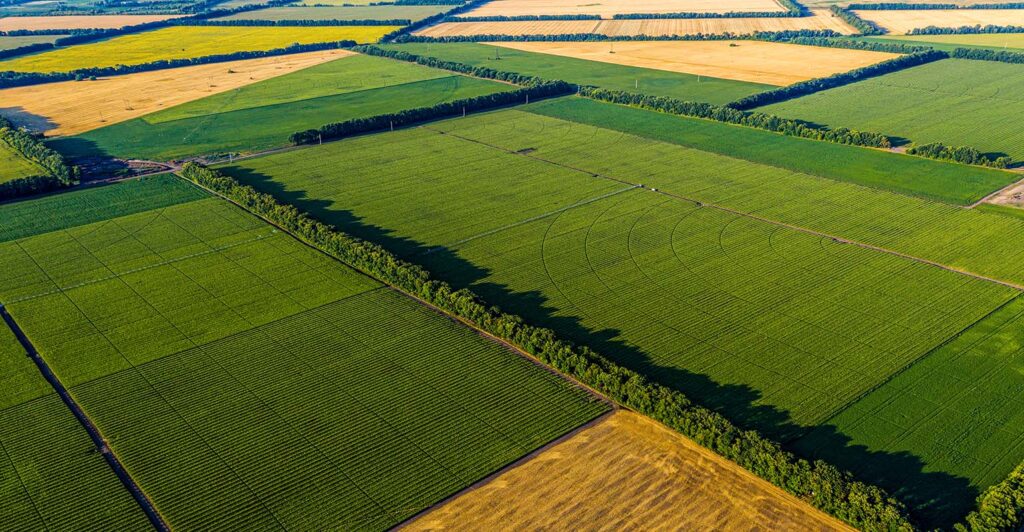
What is a the Process for an Agribusiness Appraisal or Valuation?
The appraisal process for an agribusiness is a detailed and systematic evaluation designed to determine the market value of agricultural properties and enterprises. AgValue Consulting underscores the importance of this process, focusing on key aspects such as land quality, infrastructure, equipment, crop yields, market conditions, and financial performance. These elements are crucial for deriving an accurate valuation, which aids in making well-informed decisions in various business activities.
Key Takeaways
- Comprehensive evaluation of physical and financial aspects of the agribusiness.
- Accurate appraisals are pivotal for sales, financial planning, and strategic development.
- Professional appraisers with sector-specific expertise ensure valid and reliable valuations.
- Appraisals facilitate risk assessment, opportunity identification, and informed investment.
- In-depth appraisal reports provide actionable insights for business enhancement.
What is an Agribusiness Appraisal
An agribusiness appraisal, as explained by AgValue Consulting, entails an exhaustive analysis that blends physical inspections with financial scrutiny to establish a property’s market value. This process not only aids in transactional fairness but also in securing financing, dispute resolution, and strategic business planning. Qualified appraisers, who are well-versed in the agricultural sector, play a crucial role in reflecting the true value of an agribusiness, safeguarding the interests of stakeholders and promoting transparent and equitable dealings.
What are the Benefits of Agribusiness Appraisal
The appraisal of an agribusiness brings several strategic advantages:
- Informed Decision-Making: Appraisals empower stakeholders with the knowledge to make strategic decisions about investment, expansion, or divestiture.
- Effective Risk Management: Identifying potential risks and opportunities enables stakeholders to devise comprehensive risk management strategies.
- Tax and Compliance Advantages: Accurate valuations assist in tax planning, ensuring compliance and potentially leading to fiscal benefits.
- Negotiation Leverage: With a detailed appraisal report, stakeholders can negotiate transactions from a position of strength.
Agricultural Appraisal Expectations
Engaging in the appraisal process, stakeholders should anticipate a meticulous examination of the agribusiness’s comprehensive assets, including land, facilities, equipment, and inventory. This evaluation encompasses assessing market dynamics, income generation capabilities, and asset conditions to furnish a holistic view of the business’s value. Financial records review, risk assessment, and opportunity analysis are integral components of the appraisal, culminating in a report that offers insights into the current value and recommendations for future business optimization.
Frequently Asked Questions
How is agribusiness appraisal distinct from other business valuations?
Agribusiness appraisal requires specialized knowledge of agricultural practices, market trends, and environmental factors, making it distinct from standard business valuations which may not have the same depth in these specific areas.
What unique factors are considered in agribusiness valuations?
Unique considerations in agribusiness appraisals include land and soil quality, water rights, crop yield potential, and sensitivity to market fluctuations, reflecting the specialized nature of agricultural enterprises.
How do environmental regulations impact agribusiness valuations?
Environmental regulations affect agribusiness valuations through compliance costs, operational restrictions, and sustainability practices, with appraisers needing to gauge these impacts accurately to determine the true business value.
What is the significance of market trends and commodity prices in agribusiness appraisals?
Market trends and commodity prices play a significant role in agribusiness valuations, influencing the income potential and risk profile of agricultural operations, which are critical for accurate and relevant appraisals.
Can appraisal findings lead to recommendations for value enhancement?
Yes, based on their comprehensive analysis, appraisers can provide strategic recommendations for improving the operational and financial aspects of an agribusiness, enhancing its market value and profitability potential.
In summary, understanding the intricacies of agribusiness appraisal is essential for stakeholders aiming to navigate the complexities of agricultural investments and operations effectively. AgValue Consulting, with its expertise in agribusiness valuations, provides the necessary guidance and insights to ensure that the appraisal process is conducted with precision and strategic foresight.
7 Ways to Increase Poultry Farm Value With DCF Analysis

7 Ways to Increase Poultry Farm Value With DCF Analysis
Discounted Cash Flow (DCF) analysis is a critical tool for poultry farm owners looking to maximize the value of their operations. AgValue Consulting provides insights on how to leverage DCF analysis effectively, ensuring that your poultry farm operates at peak financial efficiency and value.
Key Takeaways
- Accurate cash flow projection based on historical data and market insights.
- Select a discount rate that reflects market conditions and farm-specific risks.
- Consider industry volatility and regulatory changes in your financial analysis.
- Employ sensitivity analysis to understand key financial drivers and risks.
- Maintain continuous performance monitoring for informed strategic decision-making.
What Exactly is DCF Analysis
Understanding the principles of DCF analysis is paramount in evaluating a poultry farm’s financial health and potential. This method calculates the present value of expected future cash flows, providing a comprehensive view of the investment’s worth. Key components include cash flow estimation, choosing the appropriate discount rate, and understanding the impact of external factors like market dynamics and regulatory environments.
Key Cash Flow Components
Identify and assess the critical elements that contribute to your farm’s cash flow, including operational revenue from poultry sales, expenses on feed and labor, capital investments, and potential market shifts. Accurate analysis of these factors is essential for a realistic valuation of your poultry farm’s future financial performance.
Accurate Future Cash Flow Estimation
Estimate future cash flows by analyzing historical performance and market trends. Consider variables like production costs, market prices for poultry products, and operational efficiency to forecast future earnings and expenditures accurately.
Appropriate Discount Rate
The discount rate is crucial in DCF analysis, affecting the present value of future cash flows. It should reflect the risk and time value of money associated with your poultry farm investment. Factors to consider include the general economic climate, interest rates, and specific risks related to the poultry industry.
Risk Factor Integration
Incorporate risk assessments into your DCF model to gauge potential impacts on your farm’s valuation. These may include market volatility, regulatory shifts, and financial leverage. A nuanced understanding of these risks aids in developing robust financial projections and strategies.
Sensitivity Analysis for Risk Management
Implement sensitivity analysis to identify and manage financial risks. By examining how changes in key variables like feed costs, poultry prices, and interest rates affect your farm’s value, you can make informed decisions to safeguard and enhance financial stability.
Continuous Performance Monitoring
Adopt a proactive approach to financial management by continuously monitoring your farm’s performance. Regular analysis of key metrics allows for timely adjustments to operational practices, ensuring that your farm remains competitive and financially sound.
FAQs
How often should I perform DCF analysis for my poultry farm?
Regular DCF analysis, ideally annually or when significant changes occur in operations or market conditions, is recommended to keep track of your farm’s financial health and make informed decisions.
Can DCF analysis help in securing loans or attracting investors?
Absolutely. A well-conducted DCF analysis demonstrates the financial viability of your poultry farm, making it an attractive proposition for lenders and investors seeking profitable and stable ventures.
How can I enhance the accuracy of my cash flow projections?
Improve cash flow projection accuracy by using comprehensive historical data, staying updated with market trends, and consulting with financial experts to understand complex dynamics affecting your industry.
What role does technology play in optimizing DCF analysis?
Technology plays a significant role by enabling more precise data collection, efficient analysis, and better forecasting. Utilizing software tools for DCF analysis can streamline the process and improve the accuracy of your financial evaluations.
AgValue Consulting emphasizes that effective utilization of DCF analysis is key to understanding and enhancing the financial value of poultry farms. By following these guidelines, poultry farm owners can make strategic decisions that align with their financial goals, ensuring long-term growth and profitability.
